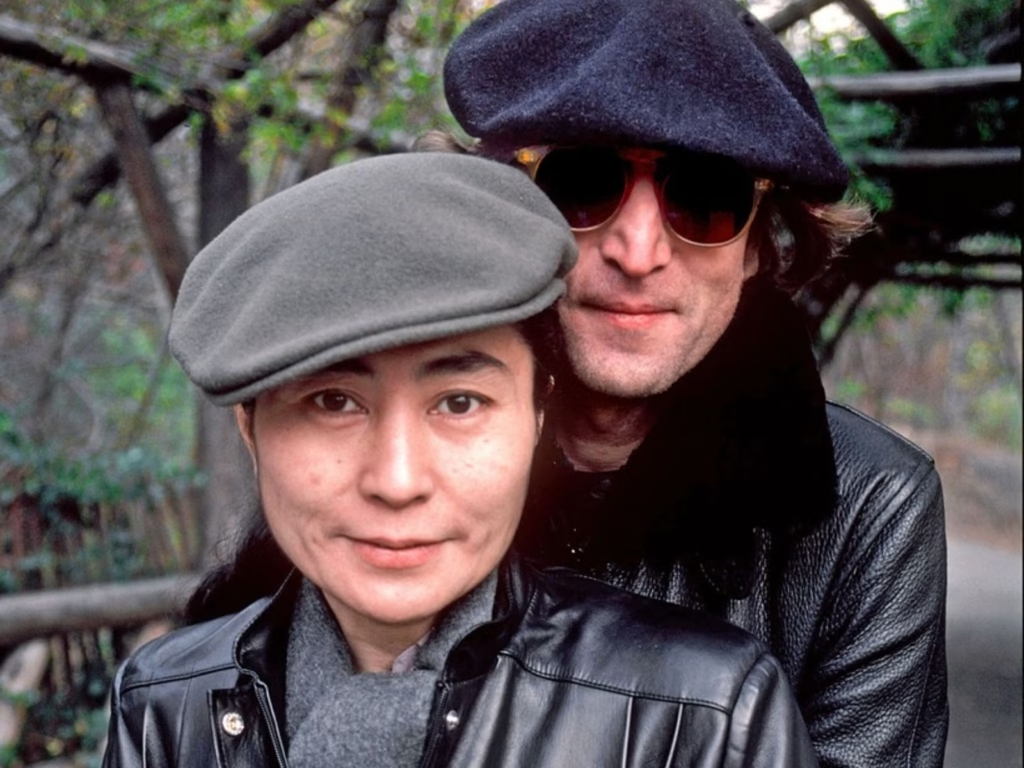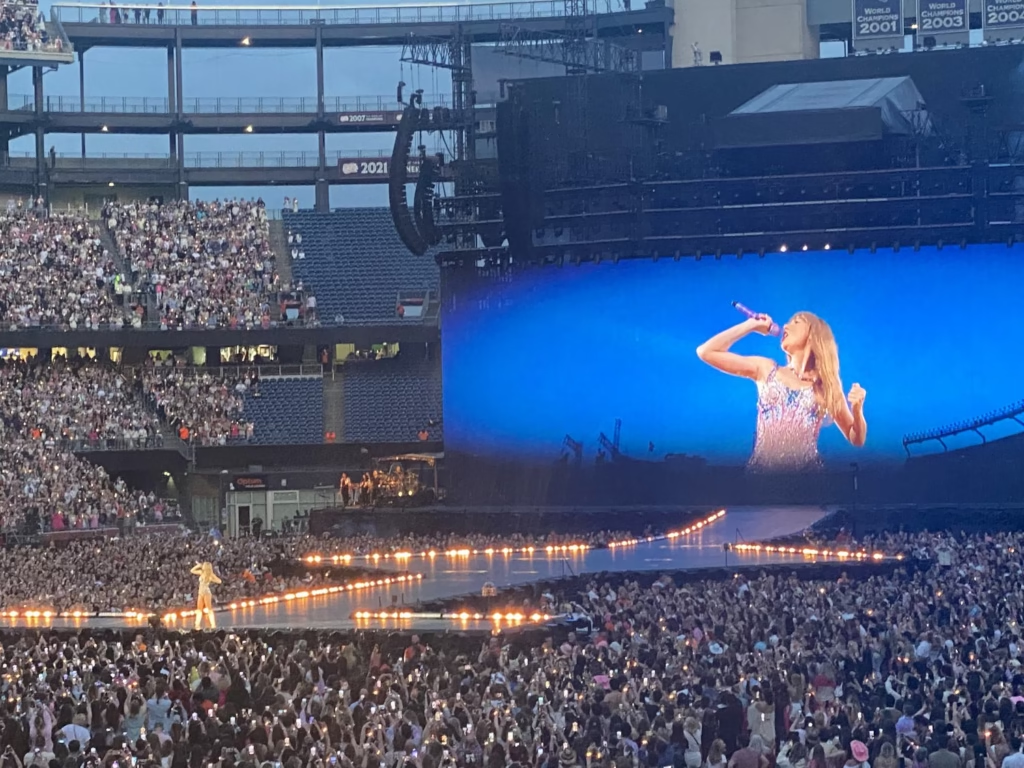
Yo, New York, let’s talk about Yoko Ono—musician, artist, activist, and the woman who’s been through it all. At 92, she’s finally getting her flowers, and a new documentary, One to One: John & Yoko, is laying it all bare. Half a century after she co-wrote “Imagine” with her Beatle husband, John Lennon, Yoko’s story is hitting IMAX screens, and trust me, it’s a wild ride. From the hate she caught when the Beatles split to her fierce love with John, this film’s got heart, pain, and a whole lotta truth. So, grab a coffee, and let’s dive into why Yoko Ono’s story is the talk of the town.
Back in 1970, when the Beatles called it quits, the world needed someone to blame, and Yoko got the short end of the stick. Fans were heartbroken, and somehow, Yoko—John’s avant-garde artist wife—became public enemy number one. The Fab Four were gods, and Yoko was painted as the villain who tore them apart. But One to One: John & Yoko flips that script. Through audio recordings from the early ‘70s, Yoko herself sets the record straight. She wasn’t the wrecking ball people made her out to be. She was just a woman in love, trying to live her life while the world screamed at her.
The doc kicks off with some heavy stuff. Yoko talks about the harassment she faced—like, next-level cruel. “I’m supposedly the person who broke up the Beatles, you know?” she says in the film. “When I was pregnant, many people wrote to me saying, ‘I wish you and your baby would die.’” Can you imagine? She’s carrying a kid, and people are sending her hate mail wishing her dead. It didn’t stop there.
Yoko recalls walking down the street with John, only to have strangers hurl slurs like “ugly Jap,” pull her hair, and even hit her. She says she was close to fainting from the stress. And if that wasn’t enough, she suffered three miscarriages during this time. That’s not just drama—that’s trauma.
Let’s be real: New Yorkers know what it’s like to hustle through tough times, and Yoko’s story hits home. She and John moved to the city in the early ‘70s, trading England’s gray skies for a cozy Greenwich Village apartment. It was a fresh start, a chance to be artists and activists without the Beatles’ shadow looming. The doc paints this era with vivid colors—phone calls between John and Yoko, remastered clips of their 1972 One to One benefit concert, and glimpses of their life as they dove headfirst into political activism.
That concert, by the way? It was John’s first and only full-length show after the Beatles split, before he was tragically killed in 1980. It’s a big deal, and the footage, polished up with help from their son Sean Lennon, who’s an executive producer on the film, feels like a time machine to those gritty, hopeful days.
What makes One to One so dope is how it shows Yoko as more than “John Lennon’s wife.” She was a force—still is. The film takes us to the first International Feminist Conference at Cambridge University, where Yoko spoke about her life. Before John, she was an artist with “relative freedom as a woman,” she says. But once she became Mrs. Lennon, society flipped on her.
“The whole society started to attack me and wished me dead,” she recalls. “I started to stutter.” That’s deep. A strong, creative woman reduced to a stutter because people couldn’t handle her standing next to one of the most powerful dudes of the era. It’s a raw look at how sexism and racism—yeah, that “Japanese woman” label stung—tried to box her in.
Yoko’s been saying it for years: the Beatles were already fraying before she came along. In a 2010 chat with Anderson Cooper, she put it plain: “People didn’t think about that.” The band was on its way out, but fans needed a scapegoat, and Yoko was an easy target. “A Japanese woman and whatever,” she said, pointing to the sexism and racism she felt. World War II wasn’t that far back then, and the U.S. and Britain’s history with Japan fueled some of the hate. It’s messed up, but it’s real, and One to One doesn’t shy away from it.
Now, let’s talk love, ‘cause that’s the heartbeat of this story. Yoko and John’s bond was unshakable. Through all the noise—hate mail, street fights, miscarriages—they had each other. “John and I were so close,” Yoko told Cooper. “We were totally involved in each other and in our work. That was much more exciting.” That’s the New York spirit, right? You find your people, your purpose, and you keep pushing. Their Greenwich Village days were about creating—music, art, activism. They were out here protesting, dreaming up a better world, and yeah, writing bangers like “Imagine.” Yoko’s fingerprints are all over that song, and the doc makes sure you know it.
The One to One concert itself is a vibe. It was 1972, and John and Yoko were raising money for kids with disabilities. The footage captures them at their peak—raw, passionate, and real. Sean Lennon’s remastering work brings it to life, like you’re right there in Madison Square Garden. It’s not just a concert; it’s a moment. John’s post-Beatles career was kicking off, and Yoko was right by his side, co-creating and holding it down. The film weaves in their phone calls, too, giving you a peek into their everyday life—jokes, plans, love. It’s intimate, like eavesdropping on history.
Yoko’s resilience is what sticks with you. This is a woman who took hit after hit and kept going. She’s 92 now, still out here, still creating. The doc’s a love letter to her strength, but it’s also a mirror for us. How many times have we been misunderstood, blamed for something we didn’t do, or judged for who we are? Yoko’s story says: keep moving. Keep loving. Keep making art. That’s what she did, and look at her now—finally getting the respect she’s deserved all along.
Yoko Ono : Conclusion
One to One: John & Yoko isn’t just a movie; it’s a vibe check. It’s for anyone who’s ever been counted out but kept showing up. New York, this one’s for us—the dreamers, the fighters, the ones who don’t quit. Yoko’s journey from scapegoat to icon is proof that truth wins out. So, hit up an IMAX theater, see this film, and let Yoko’s story light a fire in you. She’s been through hell and back, and she’s still here, shining. That’s the Yin to John’s Yang—balance, strength, and a love that never quit.


